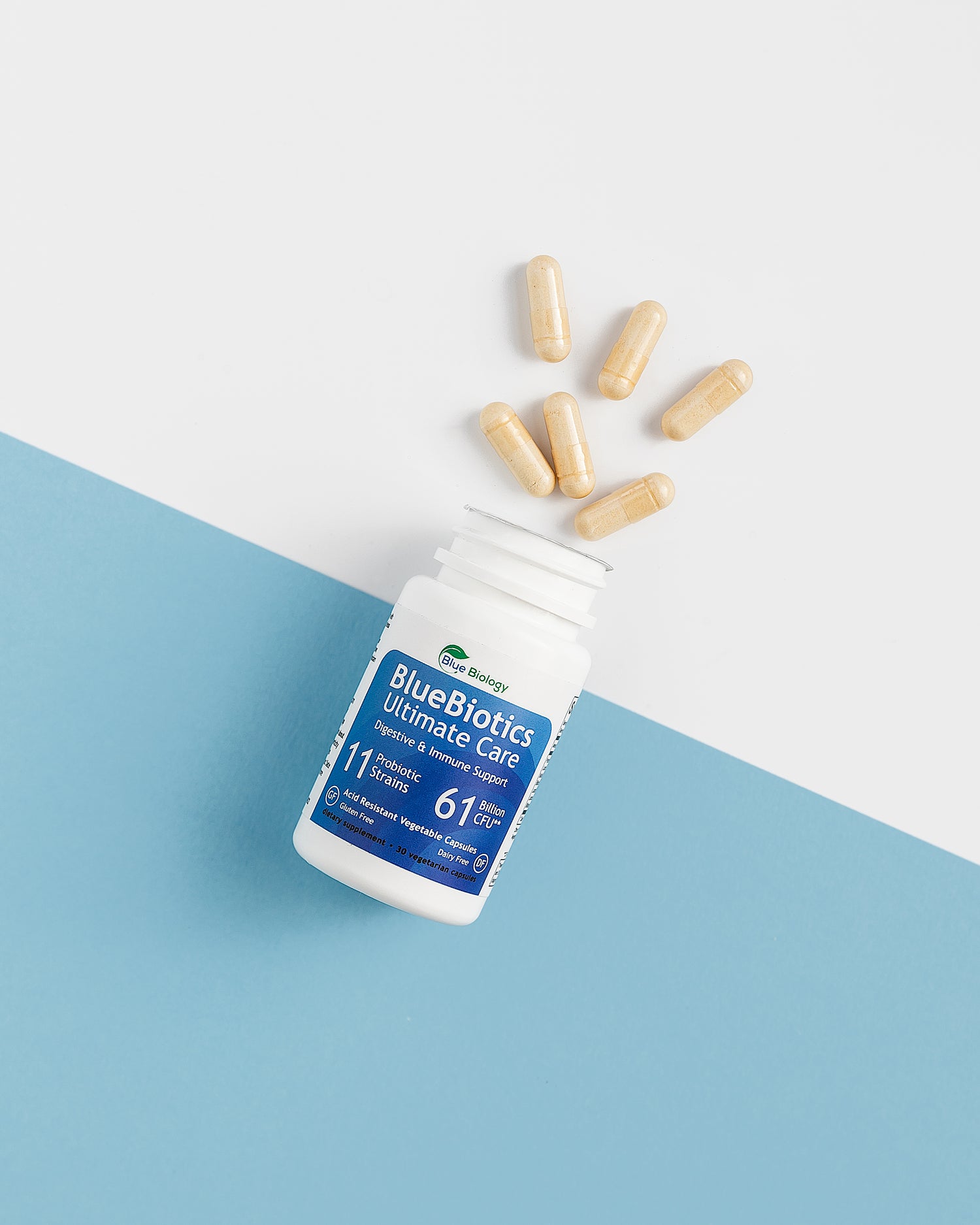Turmeric: The Spice of Life
Share
A surprising newcomer has been gaining popularity among anti-inflammatory, anti-oxidant, and all-natural health supplements. But as new as it is to Western medicine, this traditional spice, Turmeric, has actually been used in Ayurvedic medicine for thousands of years.
Most people are familiar with Turmeric as a commonly-used spice in curries. It’s also used to color some foods like mustards. This bright-orange spice has a strong flavor, and a rich, fresh-earth aroma.
In ancient Ayurvedic medicine, Turmeric was recommended for a wide spectrum of symptoms, it was used to help with everything from chronic age-related joint pain to treating tumors and even brain disease. Back then, it was taken by mouth or made into a paste and applied directly to the skin.
Because of it’s antioxidant and anti-inflammatory properties, Western medicine quickly became interested in Turmeric as a health supplement. Dozens upon dozens of studies now support the use of turmeric as a natural medicine and even more re,search is currently being conducted to look into the new, scientifically proven, applications of this incredible plant.
This trend surged exponentially when scientists isolated the active ingredient behind the restorative properties of Turmeric Curcumin.
Curcumin is the special little chemical in Turmeric that does all the heavy lifting, it is the concentrated naturally-occurring string of elements that gives Turmeric its unmatched anti-inflammatory, antioxidant, mood and energy boosting properties.
In the supplement world, you’ll want to check labels for either curcumin or curcuminoids.
Studies show that turmeric curcumin could provide many benefits:
- Reduced joint pain
- Reduced swelling
- Reduced inflammation and stiffness
- Support memory and banish “brain fog”
- Indigestion relief
- Help with skin blemishes such as acne
- Support healthy menstruation
Most of these benefits come from it’s ability to drastically reduce inflammation in the body. In one study, a turmeric curcumin supplement was found to be even more effective at reducing joint pain and swelling associated with arthritis than ibprofen. (https://www.ncbi.nlm.nih.gov/pubmed/24672232)
In addition to its anti-inflammatory, antioxidant properties, turmeric curcumin is also being studied for its positive effects on blood sugar, heart health, and circulation.
Some people even use it as a cancer prevention supplement, but while we do know that cancer is associated with inflammation and turmeric is a powerful anti-inflammatory, many more studies are needed before Western medicine will be able to weigh on that subject.
While it may take a couple more years before scientists know for sure whether or not this is a “miracle supplement,” we can certainly rely on turmeric curcumin to provide a safe and natural boost to our personal health regimen.
Sources:
- http://www.sciencedirect.com/science/article/pii/S088915911500088
- https://universityhealthnews.com/daily/depression/the-best-probiotics-for-mood-enhancing-the-gut-brain-connection-with-psychobiotics
- https://www.psychologytoday.com/blog/urban-survival/201701/new-research-shows-depression-linked-inflammation
- http://www.alive.com/health/probiotics-and-chronic-inflammation
- http://www.alive.com/health/probiotics-and-chronic-inflammation
- https://www.webmd.com/balance/stress-management/effects-of-stress-on-your-body
